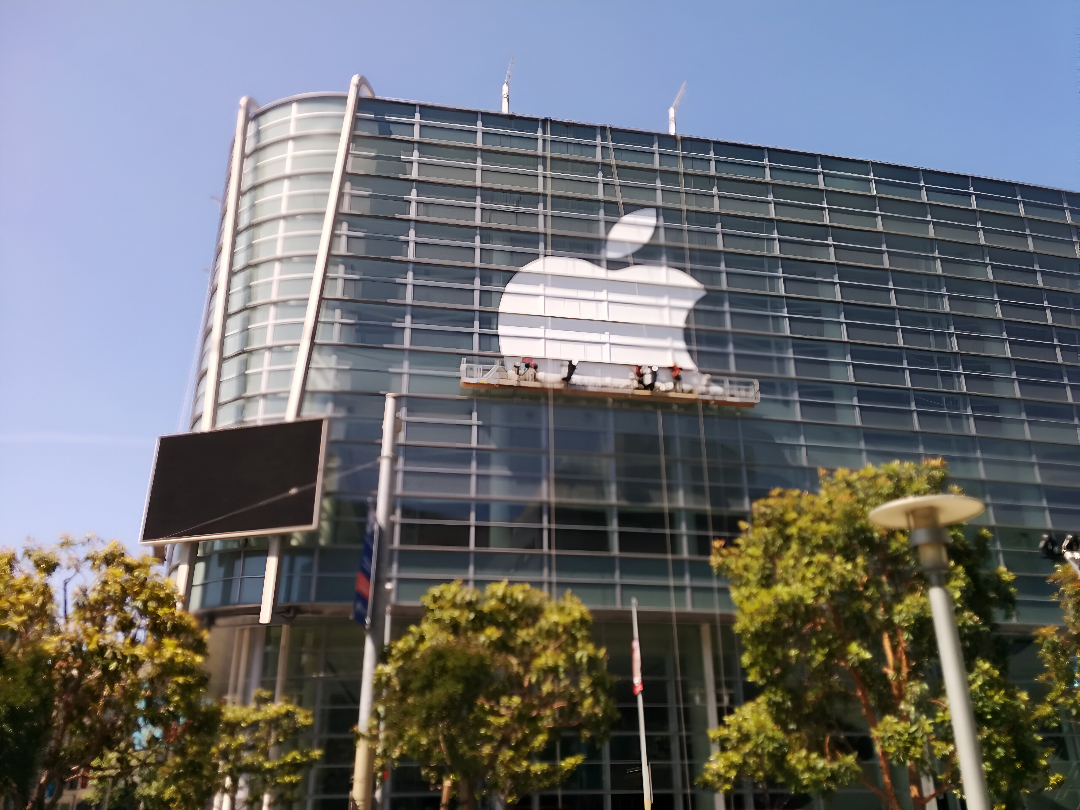Apple may be quietly reshaping how you search the web. In a recent antitrust case against Google, Apple’s Senior VP Eddy Cue disclosed plans to bring AI-powered search engines directly into Safari on iPhones, iPads, and Macs. It’s a bold move that shows how Apple AI features are making iPhones smarter than ever.
This isn’t just another tech update. It represents a fundamental shift in how an entire industry operates. Google has been the default search provider in Safari for years, but now Apple is considering alternatives.
The Search Party’s Getting Crowded
According to Cue’s testimony, these AI search alternatives function differently from traditional search engines. While conventional search provides links to websites, AI-powered options like Perplexity and OpenAI typically analyze information from multiple sources to generate comprehensive answers with citations.
Remember waiting for webpages to load just to find one specific fact? (Ancient internet problems.) AI search engines aim to streamline this process by presenting information directly, though their approach differs from Google’s established model.
Safari Users Are Already Moving On
For Google, April 2025 brought concerning news. According to Cue’s testimony, Safari searches declined for the first time in the browser’s 22-year history last month, which he attributed to users increasingly turning to AI alternatives.
Many users express frustration when searching for simple information, only to encounter numerous ad-filled pages. AI search services have positioned themselves as solutions to this problem by attempting to deliver more direct answers.
Google’s Stock Takes a Significant Hit
When news broke about Apple’s plans, Google’s parent company Alphabet saw approximately 7.3% wiped from its share price, representing about $150 billion in market value—a substantial financial impact by any measure.
According to widely reported court testimony and analyst estimates, Google currently pays Apple approximately $20 billion annually for its default position—about 36% of search ad revenue generated through Safari. That arrangement now faces both Apple’s AI pivot and potential regulatory action.
As Cue admitted in his testimony, he’s “lost a lot of sleep thinking about” the implications for Apple if the revenue from Google Search were to vanish.
The Future of Devices May Be Different
Perhaps most surprising was Cue’s forward-looking statement: “You may not need an iPhone 10 years from now, as crazy as it sounds.”
When a company executive mentions the potential evolution beyond their flagship product, it signals significant technology shifts on the horizon. This suggests Apple is considering how interfaces and information access might change fundamentally.
Regarding AI search providers becoming the default, Cue clarified: “We will add them to the list—they probably won’t be the default,” emphasizing these services still need improvement before potentially replacing Google.
For everyday users, the promise is straightforward: potentially better answers with less effort. Rather than navigating through multiple search results, AI search aims to deliver more concise information.
The tech industry now watches a high-stakes competition unfold. Can Google evolve its search experience fast enough to counter these AI challengers? Or will Apple’s embrace of new search options accelerate a major transformation in information access since Google became dominant two decades ago?
Either way, the way we search for and find information appears to be changing significantly.





























